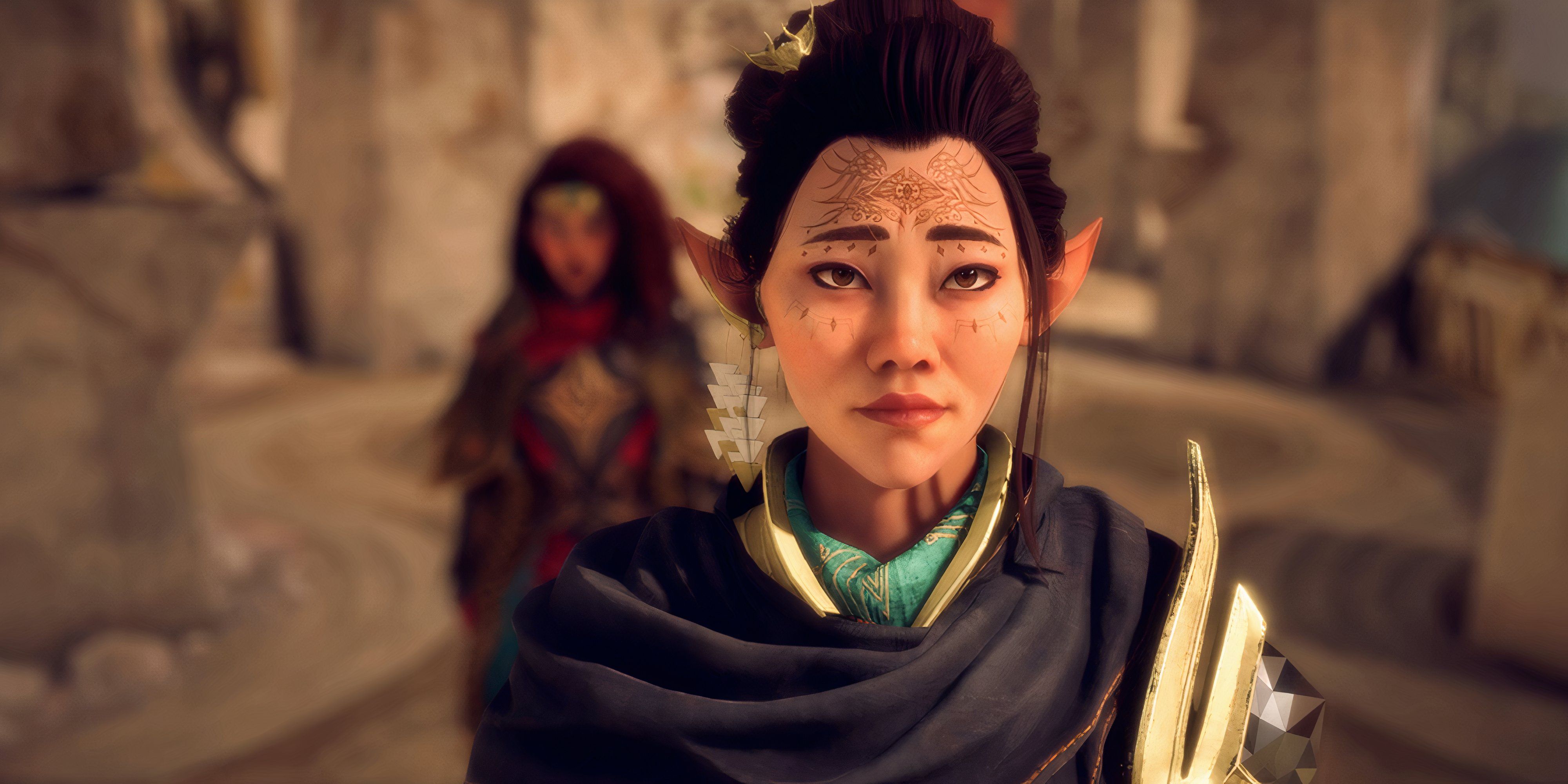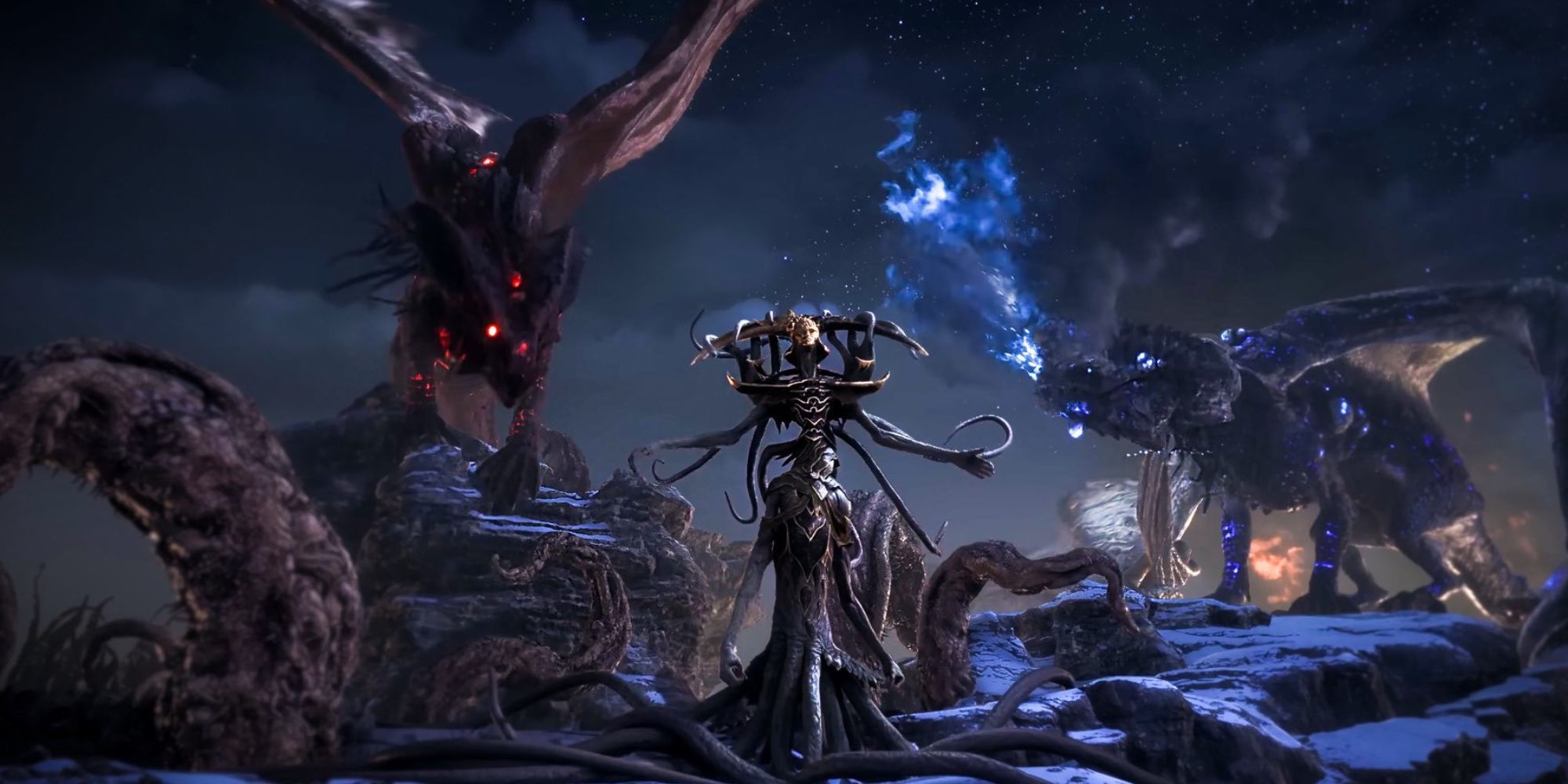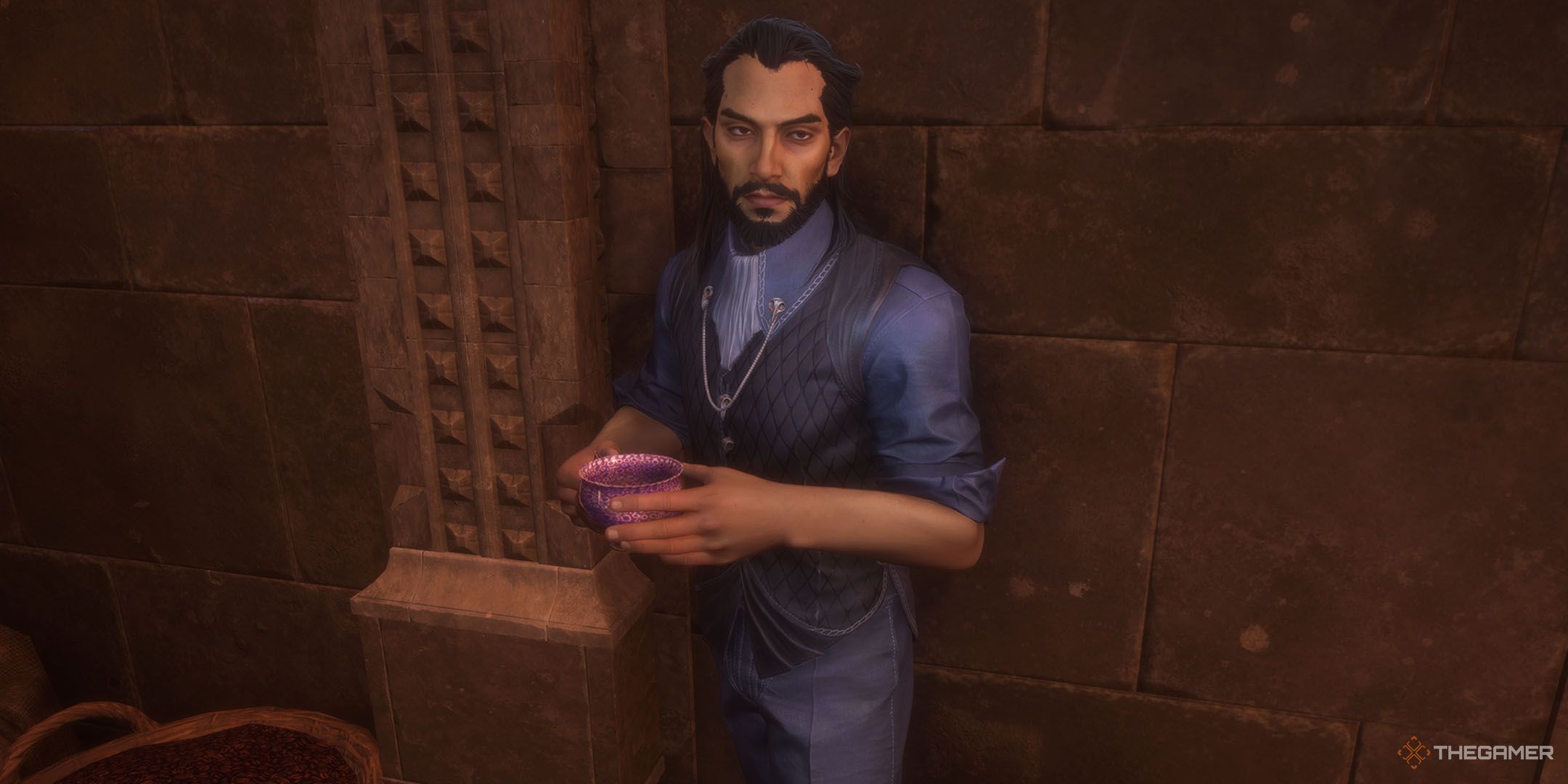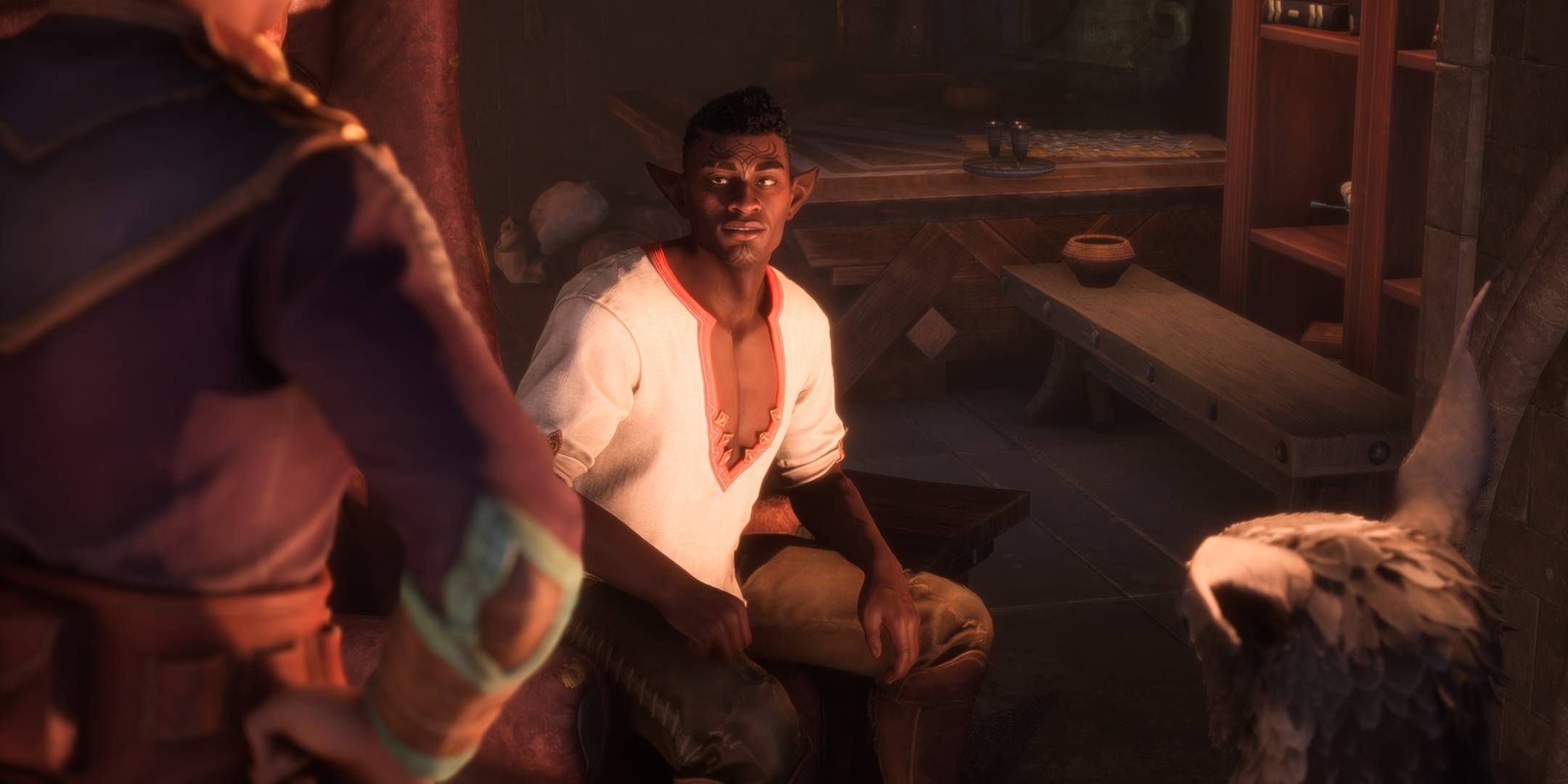[ad_1]
I’ll preface this by saying that I’ve been enjoying Dragon Age: The Veilguard. I’m a long-time fan of the series, having played Dragon Age: Origins more times than I care to admit, with a healthy number of playthroughs of its sequels, too. There are plenty of things about Veilguard that I enjoy, but equally, I feel very let down by the limitations of its writing and roleplaying.
I feel the framing of the main narrative, the prevention of a blight-filled armageddon, is being used as a storytelling tool to scrub away the series’ signature moral ambiguity. In other words, the good guys are all goody-two-shoes with selfless motivations, while all of the bad guys are pure evil, corrupted by their power, greed and consequently, the Blight. We know who exactly we should be rooting for, there is no nuance. While the set-up is similar to that of Dragon Age: Origins, the characters in that game didn’t discard their long-held agendas at the first sign of the world ending.
Characters Used To Be Mean And Self-Serving
To illustrate this point, cast your mind back to Dragon Age 2. The Arishok is a compelling character who acts as a primary antagonist for much of that game. He was raised under the Qun, a strict code of law and morality that mandates its followers to spread its message. He is eventually compelled to act when his new converts in Kirkwall are violently persecuted by those within the city. You can appreciate his point of view even if he is an absolutist, and the clash between Hawke and the Arishok is exciting as a result of these nuances.
The Antaam (the Qunari military) reappear in Dragon Age: The Veilguard. Except this time, all of the interesting parts of their culture have been sidelined. They are mindless meat sacks piloted by our new big bads, only acting as swarms of enemies for Rook and their companions to mow down enroute to their destination. It’s part of a wider trend in The Veilguard where the narrative is as cookie-cutter as possible.
Wouldn’t it have been more interesting if we had to team up with a faction or group that we don’t fully agree with to combat a larger threat? The Qun is extremely wary of magic, so there was an easy setup here for convincing the Antaam to pause their invasion to combat the existential threat of Ghilan’nain and Elgar’nan. Instead, they’ve just decided to throw their lot in with people who call themselves ‘gods’, something the Qun would never allow… to help them in their stalemated conflict? The logic here is weak, and it only makes any sense at all if you factor in the gods’ manipulation of ambitious people, which, to be honest, is a tired narrative device.
But to be fair, we are teaming up with some questionable folks, aren’t we? The Antivan Crows are a guild of assassins that indoctrinate children and turn them against one another in brutally manipulative ways to create emotionless killing machines. Zevran was never shy in telling the Warden about the awful things he’s done as a Crow.
Except none of that is ever touched upon in the Veilguard. The Crows are now freedom fighters, wholly focused on helping the people of Treviso and resisting the Antaam. That’s not necessarily a bad thing, but where’s all their edge gone? Lucanis talks more about how moody he is without coffee than about his ordeals as a Crow. It’s a guild of assassins that only occasionally alludes to killing people.
Uncomfortable Topics Are Side-Stepped
There’s also a pirate of sorts, but the game would have you believe that piracy is a victimless crime and not at all morally dubious. Gratingly, there’s very little conflict between party members even though their backgrounds would suggest they should oppose one another. Bellara is a Dalish elf, a culture that’s extremely wary of outsiders (though that also appears to have been discarded), and one that’s rightfully prejudiced against humans. They’ve also been worshipping our antagonists for generations.
As you might have guessed, despite these obvious contradictions, she never touches on any of these subjects and doesn’t express any negativity at all about her people’s relationship with Tevinter and humanity as a whole. Lucanis has spent his entire life killing mages and ironically, is now possessed by a demon. However, our resident mage Neve isn’t at all concerned with any of that. Davrin appears to be the only companion who actually asks uncomfortable questions, like if we’re all fine with Lucanis being possessed by a malicious demon.
I understand saving the world is a uniting force, but that doesn’t mean these characters shouldn’t have conflicts and agendas. In Origins, Alistair and Morrigan had a famously bitter relationship but remained with the Warden to stop the Blight. The ‘found family’ vibe pursued by The Veilguard is a valid choice but one that leaves everyone feeling a little less real and interesting. I can’t even start conflict as a standoffish Rook because everyone is so subservient – where has all the roleplaying potential gone?
It feels like BioWare assumes every player wants a functioning group of friends to save the world with, but the result is that I just don’t care as much about these people as I did about my flawed companions in the other games. Sten tried to kill me every three quests and I’d die for that Qunari.
I’m fully supportive of RPGs having fleshed-out romances and deep friendships that have meaning to players, but all of the positivity means nothing without negativity and heartbreak. I don’t want to save Thedas with a group of perfect heroes, I want us to overcome our flawed selves to triumph over a great evil. The nuance of Dragon Age has been discarded in favour of transparent characters, digestible plots, and milquetoast interactions, and I think The Veilguard is worse off because of it.
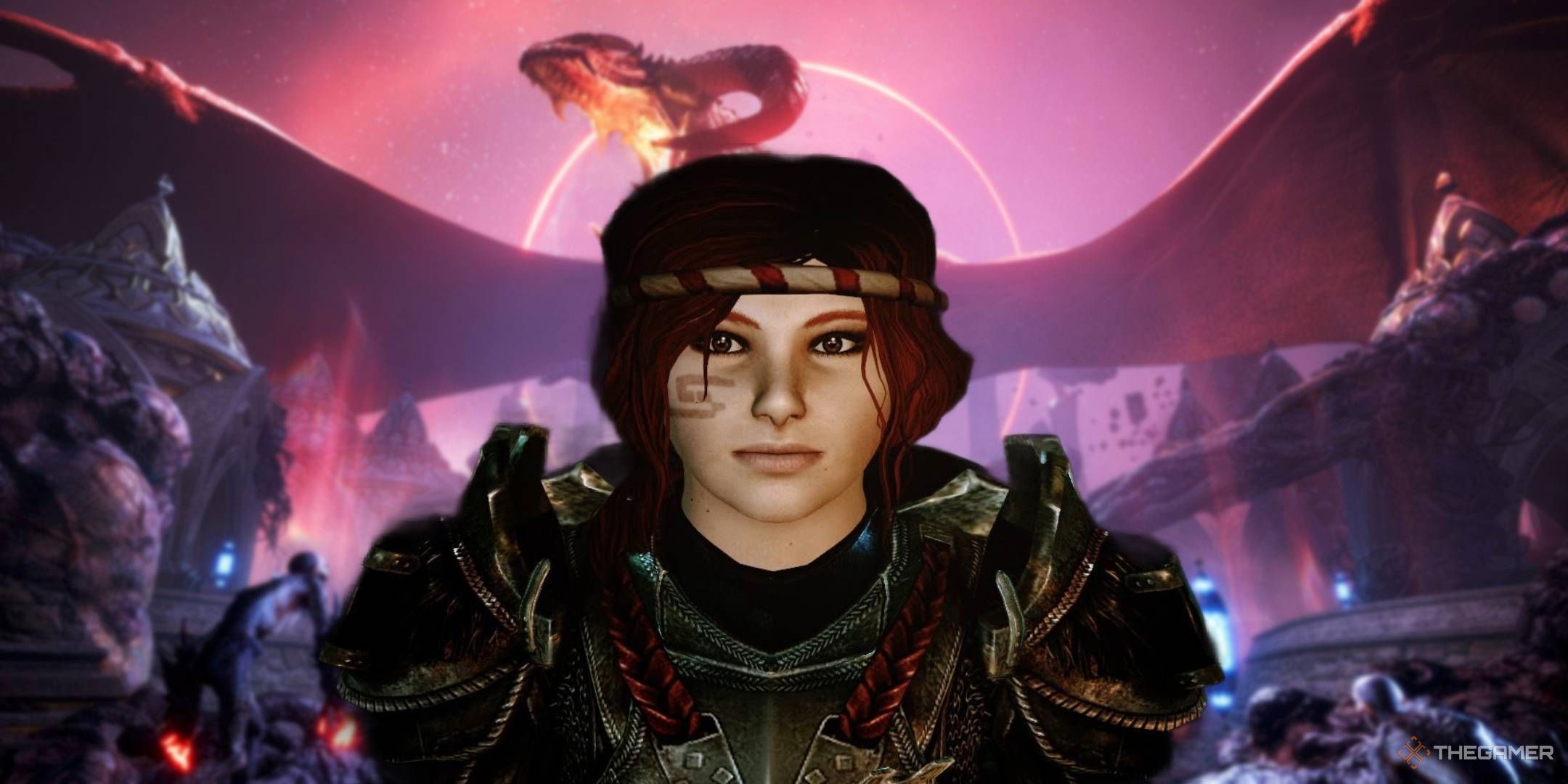
Related
Dragon Age: The Veilguard Should Have Used Origins’ Best Storytelling Device
BioWare missed a trick with Rook’s factions in Dragon Age: The Veilguard.
[ad_2]


